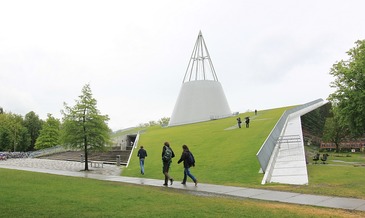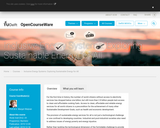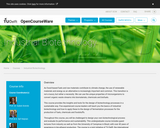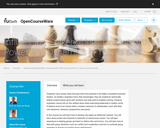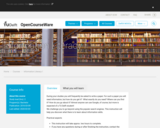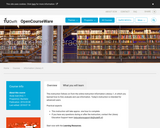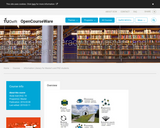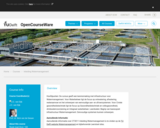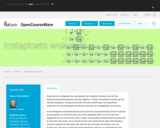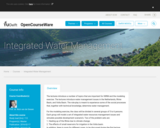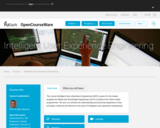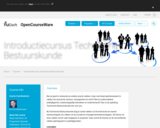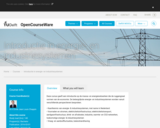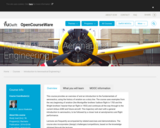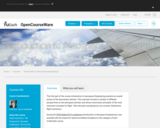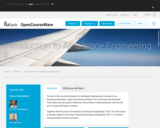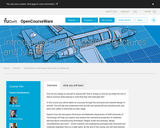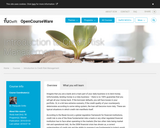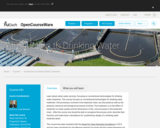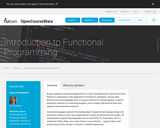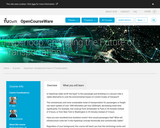
Is Hyperloop really worth the hype? Is this passenger pod levitating in a vacuum tube a viable alternative to curb the environmental impact of current modes of transport?
This revolutionary and more sustainable mode of transportation for passengers or freight can reach speeds of over 1000 kilometers per hour (600mph), decreasing travel time significantly. For example, one could go from Amsterdam to Paris in 30 minutes instead of 4 hours, or from New York to Washington in 25 minutes instead of 3 hours.
Have you ever wondered how levitation works? How would passengers feel? What will infrastructure costs be? Is the Hyperloop concept technically and commercially viable?
Regardless of your background, this course will teach you how this technology works and will prove why it is worth investing in. Key topics include the core concepts behind Hyperloop, current developments in the technology, the future solutions Hyperloop will offer and the problems it faces.
Through discussions with fellow participants and critical thinking you will form your own vision and develop your own ideas about this exciting new technology and its future.
This course is for anyone interested in the Hyperloop concept. For those seeking more in-depth knowledge, or wanting to pursue a career or conduct research in this field, the course provides additional resources.
This course has been designed by the Delft Hyperloop Dream Team, winners of the SpaceX Hyperloop Pod Competition in 2017 and runners up in 2018. This award-winning team consists of TU Delft students, international experts and partner companies who will also share their expertise.
- Subject:
- Applied Science
- Engineering
- Material Type:
- Full Course
- Provider:
- Delft University of Technology
- Provider Set:
- TU Delft OpenCourseWare
- Author:
- B. Meeuwissen
- D. Ulijn
- Date Added:
- 08/16/2019
